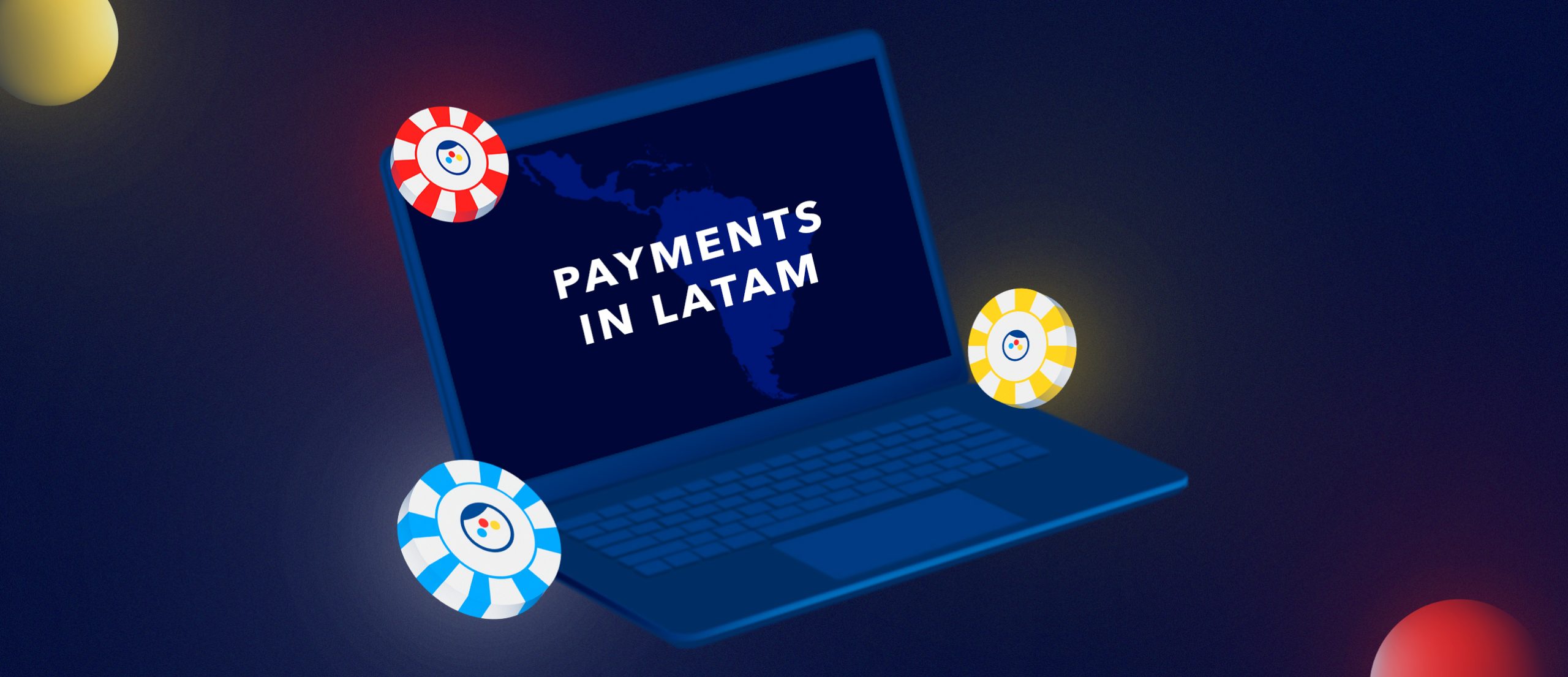
Navigating the Landscape of Payment Service Providers: Key Features and Advancements
As the global business landscape continues to digitise, payment service providers (PSPs) are becoming an increasingly critical aspect of e-commerce, enabling companies to accept various electronic payment methods seamlessly. Understanding what PSPs do and how they operate can greatly facilitate businesses as they navigate the modern world of e-commerce.
The Role of Payment Service Providers
A PSP is a third-party company that allows businesses to accept electronic payments, such as credit and debit cards. Essentially, payment service providers act as bridges between consumers making payments and retailers accepting them. They often provide vital merchant services and operate as payment gateways or payment processors for online and brick-and-mortar businesses.
Moreover, PSPs extend their services to include risk management for card and bank-based payments, transaction payment matching, reporting, fund remittance, currency exchange, and fraud protection. Payment service providers also facilitate software integrations with e-commerce websites or point-of-sale systems, offering businesses an all-in-one solution for their payment needs.
The Operational Functionality of PSPs
PSPs build technical connections with acquiring banks and card networks, enabling businesses to accept various payment methods without direct partnerships with individual banks. Managing payment processing and external network relationships allow PSPs to reduce a merchant’s dependency on banking institutions.
Moreover, PSPs offer risk management services for card and bank-based payments, transaction payment matching, and fraud protection. Some payment providers even offer services to process next-generation methods such as digital wallets, prepaid cards, vouchers, and e-check processing.
Understanding PSP Fees
Typically, payment providers charge fees in one of two ways: either as a percentage of each transaction or as a fixed cost per transaction. This flexible pricing model allows businesses of all sizes to select the best option that suits their operational scale and transaction volumes.
Regulatory Oversight
In the US, online providers come under the supervision of the Financial Crimes Enforcement Network (FinCEN), a bureau of the United States Department of the Treasury. FinCEN’s mandate is to collect and analyse information about financial transactions to combat money laundering, terrorist financiers, and other financial crimes. In Europe, PSPs are regulated based on the European Payment Services Directive, ensuring regional uniformity and compliance.
Security Measures and Compliance
There are strict security guidelines to safeguard user data and transactions under which payment service providers operate. One such standard is the Payment Card Industry Data Security Standard (PCI DSS). There are four levels of PCI DSS compliance that PSPs must adhere to, depending on their transaction volume and risk level assessed by payment brands.
The PSP Market
As of 2022, there are over 900 PSPs globally, with more than 300 offering services specifically in Europe and North America. The global PSP market is projected to reach approximately $88 billion by 2027, up from $40 billion in 2019, reflecting the growing importance of these services in our increasingly digital world.
As the digital marketplace continues to evolve and expand, so will the role of payment providers. They are instrumental in helping businesses adapt to the digital age, offering them an efficient, secure, and flexible way to handle payments. By leveraging the services of a PSP, businesses can focus on their core operations, leaving the complexities of payment processing in capable hands.
























